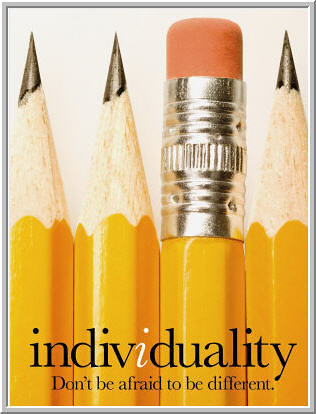However, this leads to a variety of meanings being possible for one single text. While one person may think a certain text means one thing, somebody else could think it means something completely different. This may lead you back to that wonderful lesson that we all received in middle school about how we're all different in our own special ways.

Though this doesn't give justification to any response one could come up with off the top of their head for the meaning of a text.
"Jimmy, what do you think the meaning of this text is?"
"Cats."
"Jimmy, there are no cats in this text."
"As a reader response critic, it is my right to say that the meaning is whatever I see fit."
Not quite. Even with such an endless amount of possibilities, an analysis still needs proper evidence to back it up. A thesis, details from the reading, and a conclusion are still necessary for an analysis based off of the reader's interpretation. Even if the reader's analysis is not what the writer intended, this can be used by reader response critics to examine the text and how it functions.
This also puts into question who the ideal reader would be for analyzing a text. What parts of the text should be focused on? What outside sources should be taken into consideration? What traits make the ideal reader? If these questions are kept in mind while reading through texts and finding their meanings, you too can improve yourself as an analyzer of literature. Then you are one step closer to becoming a Reader Response Critic.
Citations:
"Individuality." Flickr. Yahoo!, n.d. Web. 17 Nov. 2015. <https://www.flickr.com/photos/rikkis_refuge/5339137231>.
Citations:
"Individuality." Flickr. Yahoo!, n.d. Web. 17 Nov. 2015. <https://www.flickr.com/photos/rikkis_refuge/5339137231>.